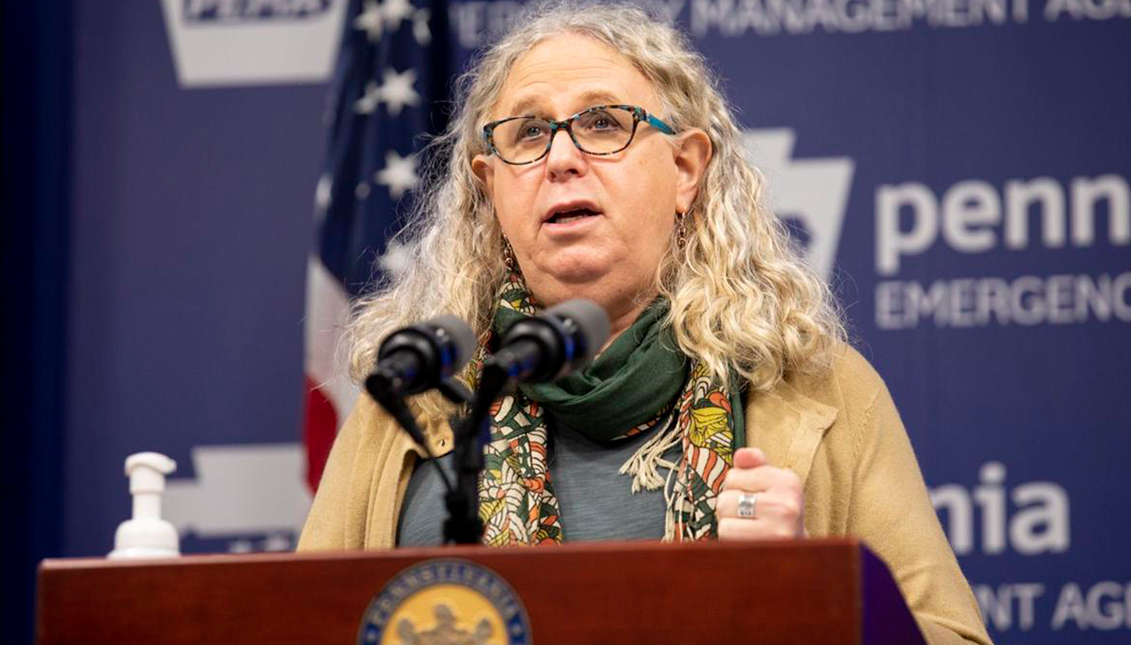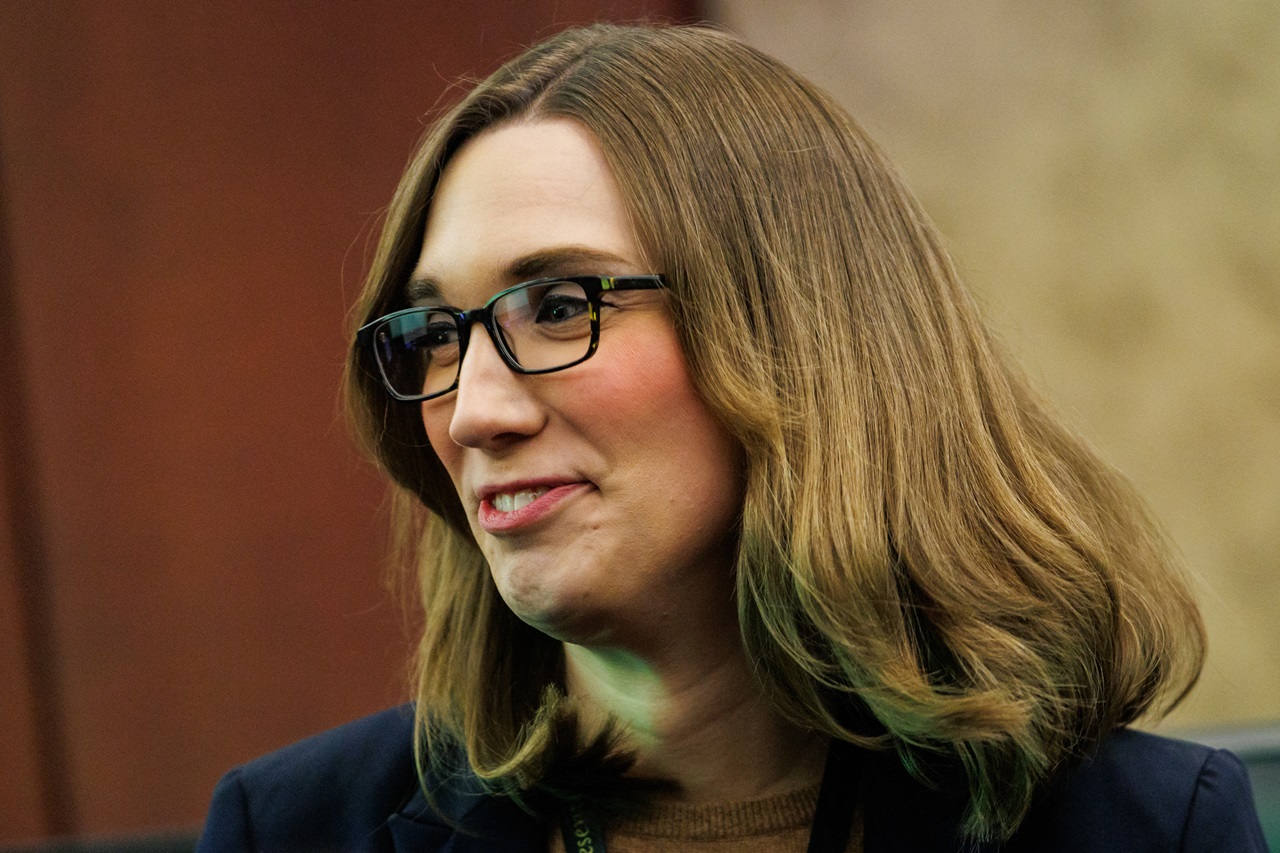
Diversity in medicine is “tremendously important” to Dr. Rachel Levine
Throughout the global health crisis of COVID-19, Dr. Rachel Levine has become one of the most visible faces of the state of Pennsylvania.
As the Pennsylvania Secretary of Health, she has played a prominent role in leading the public health response on COVID-19 pandemic in the Commonwealth. Since March, she has been providing valuable information and answering critical questions through daily press briefings as the state continues to navigate the challenges brought on by the pandemic. Her efforts were recently rewarded when President Joe Biden tapped her as an assistant health secretary in his administration.
As such, she was the honored guest at the 2021 AL DÍA Top Doctors event. During a conversation with AL DÍA she discussed a lot, including the importance of having diversity within the medical profession, which was a common theme for this year’s virtual event.
“It’s tremendously important to encourage diversity in medicine … and in medical school,” said Levine.
While the Latino population in the country is growing exponentially, the number of Latino doctors and physicians have remained rather stagnant in comparison.
Prior to her role as Pennsylvania Secretary of Health, Levine worked at the Penn State School of Medicine. While there, she was part of the school’s admissions committee and also co-chaired the diversity admissions committee for several years.
As a recommendation to increase the level of diversity in medicine, she suggested that it should start early and stressed the importance of considering the field of medicine as a career path in high school and college.
When asked what are some of the qualifications that medical schools are looking for, she said that balanced resumes were a must.
Qualifications usually include students who did well in college, had experiences that explained their interest in attending medical school, the ability to shadow physicians across different settings, has an interest in research and volunteering experience.
CONTENIDO RELACIONADO
“That type of balanced application was what we were looking for and we wanted students that we felt that would thrive in medical school,” Levine said.
For more Latinos to enter into medical school, Levine noted that it was also incumbent upon the medical schools to put forth even more effort in recruiting and accepting more qualified Latino medical students.
“I think that medical schools do have a dedication to diversity, but I think that they need to look to do more, to look harder, to be looking for qualified Latino students to accept.”
The first step of that is for more Latino students to apply to medical school, and then for the medical schools to take part in a more holistic admissions process.
As it relates to communicating to the Latino community throughout the state during the ongoing COVID-19 pandemic, the Pennsylvania Department of Health has been able to disseminate information in Spanish.
Through a partnership with The Latino Commission and the Latino Connection, the Department has been able to provide public education about how to stay safe during the pandemic, to keep the Latino community informed and also run testing clinics throughout different areas of the state.
“We have had significant outreach and we need to do even more,” said Levine.










DEJE UN COMENTARIO:
¡Únete a la discusión! Deja un comentario.